THE HOLLOW TREATMENT OF ABINSI KINGDOM
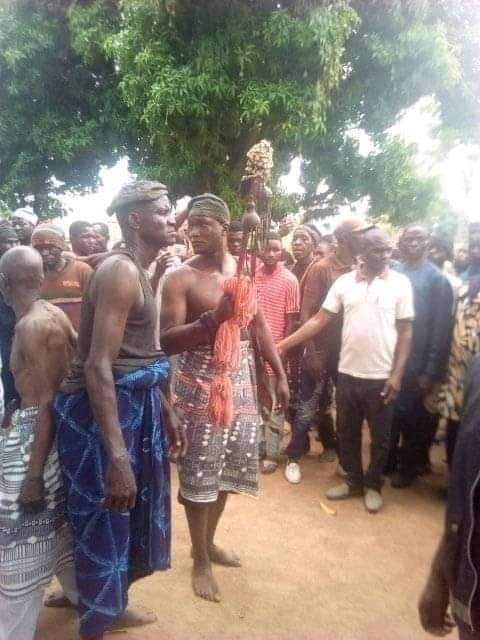
IDOMA ANCIENT WAY OF CHILD ADOPTION
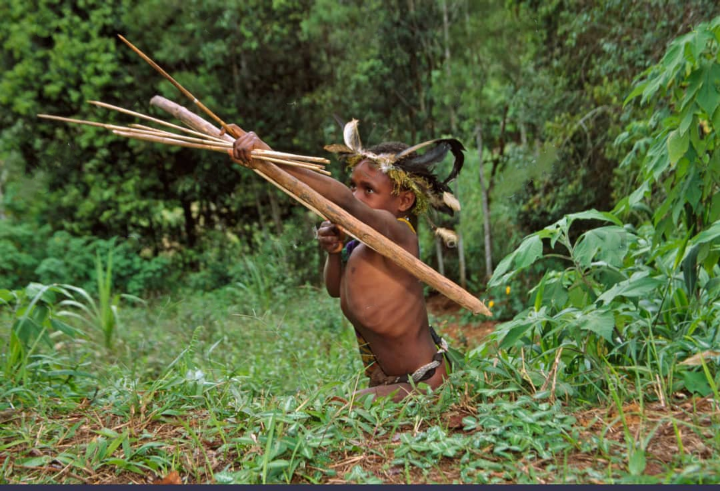
HISTORY OF ĒWŪLÓ ĀBŌJI RIVER (WATER BODY) IN IDOMA LAND
Okwoli Moses Elaigwu

HISTORY OF IDOMA - EDUMOGA
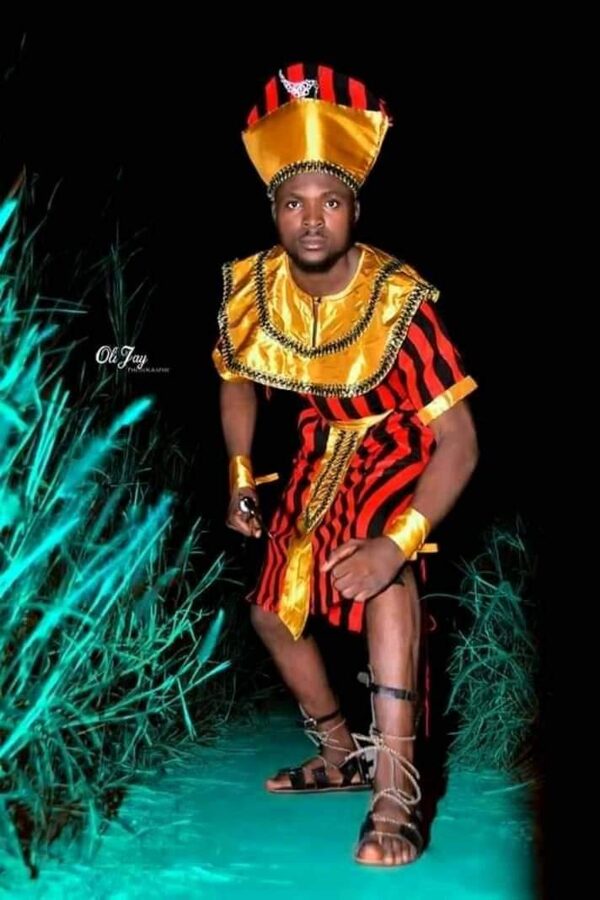
HISTORY OF ABACHA AND EKA'TAME
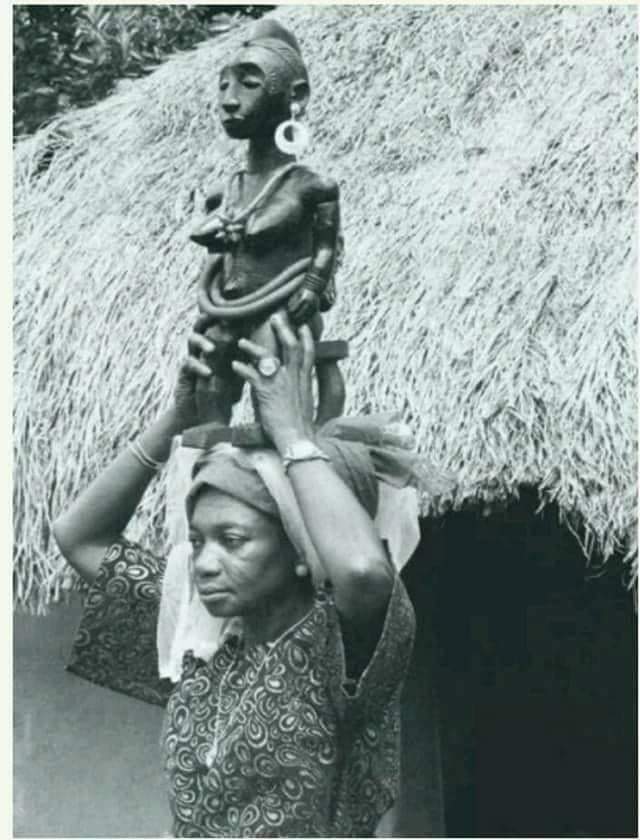
Picture of Eka-tame shown above.
The significance of Okute in Idoma tradition

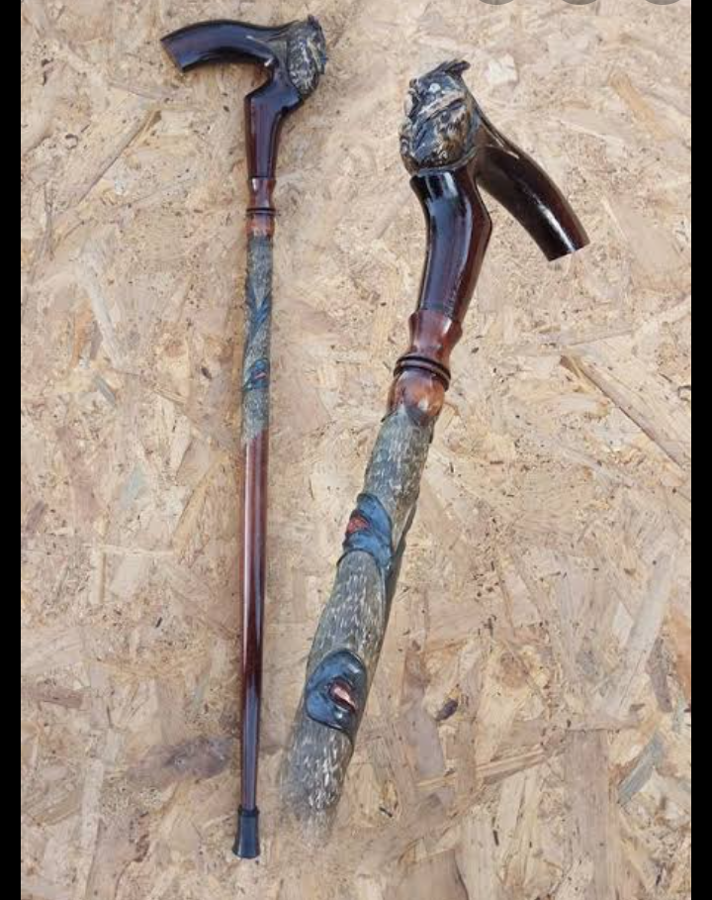
Idinka Vs Otokpa: The harden criminals – An Otukpo lyrical story
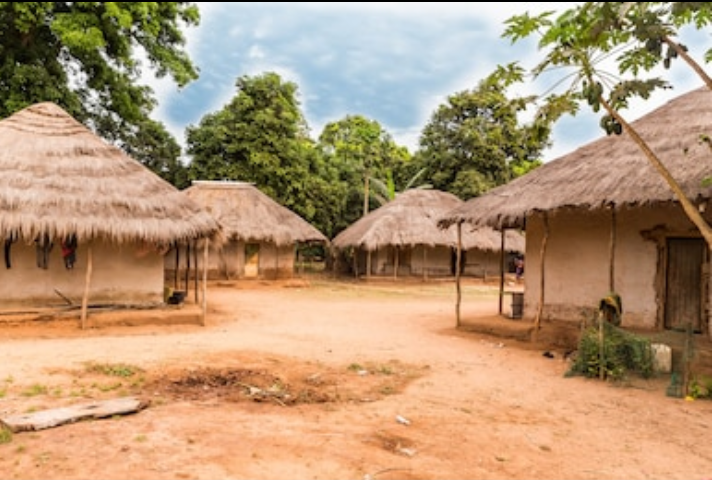
THE STORY OF ONYAGYE DAUGHTER OF OKWODO: IDOMA NOKWU (ALAGO)
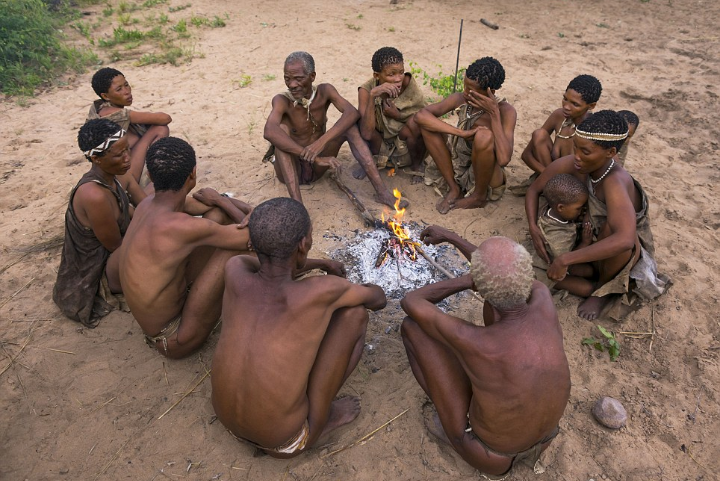
THE STORY OF OHUMOGBO ADEBA THE GREAT SEER OF IDOMA ABICHE
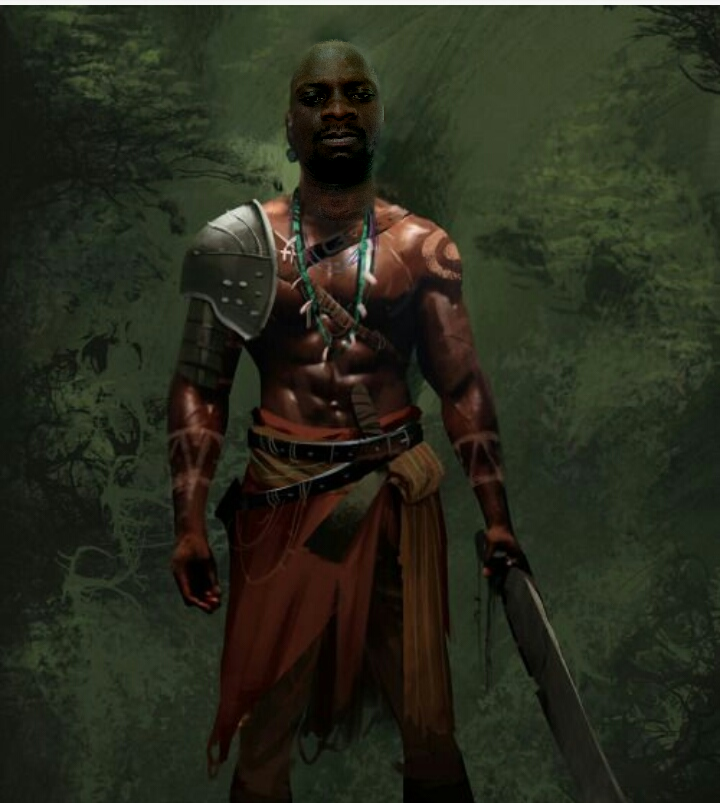
ÁLÛKÁ - Numbers
It is not difficult to learn how to count numbers in Idoma language and I think we must consciously pass this on to our children and our generation at large. It will be a thing of shame to be educated yet an illiterate when it comes to the primary education of a child which according to John Lock should be the local dialect of such a child.
ÁLÛKÁ - Numbers
It is not difficult at all to learn how to count numbers in Idoma language and I think we must consciously pass it on to our children and our generation at large. It will be a thing of shame to be educated yet an illiterate when it comes to the primary education of a child which according to John Lock should be the local dialect of such a child.
HOW I BECAME AN IDOMA HISTORIAN
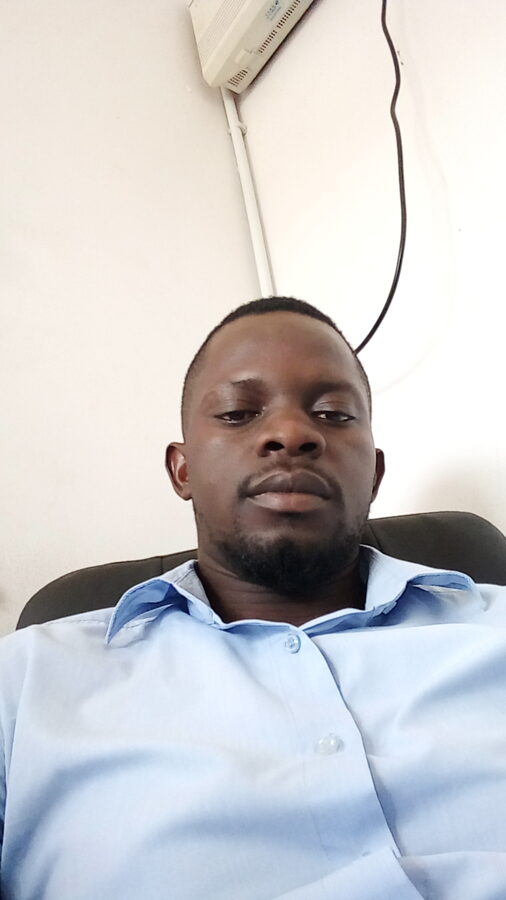
We learnt history is not part of what you study but how come you are good at it?
It all started with my undying passion to unearthed things of the past, my roots from all the family trees am connected to, who we are, where we came from and why we are here. These are the silent questions I keep asking myself and I badly needed answers. I began tracing these parts that were lost into the pages of time. The more I findout about myself, the more I want to find out about my people (Idoma), and our people (the Igala, Iyala, Alago, Etulo, Igbira and the kwararafa at large).
When growing up as a child I have so many dreams and one of it is to find out everything that makes up me as an Idoma child, the symbols of the past and how it affects me and my people.
What did you mean symbols of the past?
I mean the roots, the spiritualities, the philosophy behind it, the sources and ways they came into being.
Well then, can you run a brief on your Genealogy?
What advice did you have for the Idoma people?
Above all, let there be unity, no matter the language varieties we are one and from the same source. We must respect and assist one another to grow in all facets.
www.idomalyrics-1.mosello.com
Edited by GWI
®Alright served, these document share not be published or use in any publication without official approval of the Idoma Lyrics.
please clickwww.idomalyrics-1.mozello.com
THE LEGENDARY FEMALE KING EBOLEJONU OF KWARARAFA KINGDOM
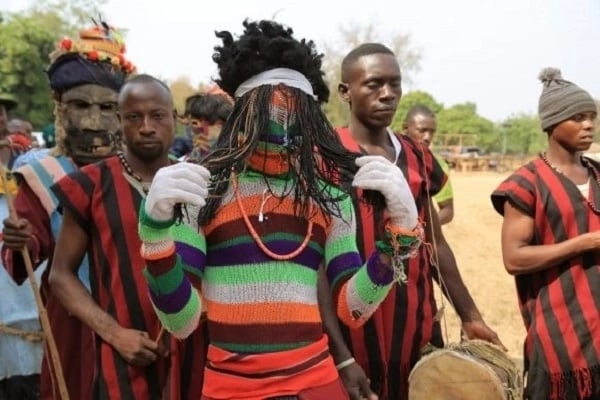 Sudan kingdom for instance, the Nubian empire which control the entire Sudan down to Egypt a daughter of a king with a title of Kwandake (Kandake) of kuso (kush) may be crown to rule along with the father, or husband or even rule alone. This title qualify her to rule as a king instead of been address as queen and most time when ruling along with a seating king appear more power than the king who act more like a ceremonial prime minister.
Sudan kingdom for instance, the Nubian empire which control the entire Sudan down to Egypt a daughter of a king with a title of Kwandake (Kandake) of kuso (kush) may be crown to rule along with the father, or husband or even rule alone. This title qualify her to rule as a king instead of been address as queen and most time when ruling along with a seating king appear more power than the king who act more like a ceremonial prime minister.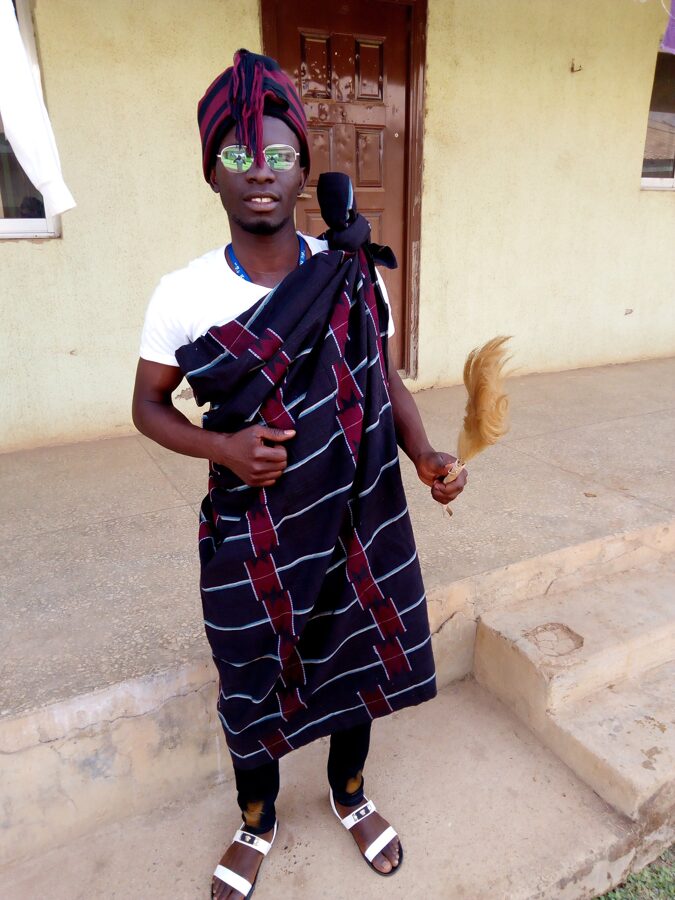
Names of some villages in Idoma and postcodes
IDOMA PEOPLE
By Okwoli Moses Elaigwu
Idoma people are the second largest ethnic group of Benue State and are among the ten largest ethnic groups in Nigeria, there are over 3.5 million living in seven (adding other subgroup making up nine local government which will rise the population to over 4.5 million) across the state. Based on that figure, the Directorate of information, office of the Governor, Benue State of Nigeria indicates that Idoma people are the second largest ethnic group in Benue State. They live in an area of 13,015 kilometers, covering: Otukpo, Okpokwu, Oju, Ado and Apa Divisions, with Otukpo as their Quarters town. Idoma land is bounded on the North by the Benue River, on the West by the Tiv, on the south by Nsukka and Abakaliki areas respectively. Also, on the East reside the Igala people of Kogi State. Most of the Idoma area is inland south of the Benue, 72 kilometers East of the confluence with the Niger River (qtd in Igboaka 2007).
According to R. G. Armstrong “the country is nearly all ‘Orchard bush though changing into the forest at the beginning of the rain, along the southern fringes of the territory”. But currently, Indigenous Idoma in Benue People are spread across nine big local government areas of Benue State comprising Ado, Okpokwu, Ogbadibo, Agatu, Apa, Otukpo, Ohimini,Obi and Oju.
The language of the Idoma people is known as Idoma as stated by Armstrong, belongs to the Kwa language groups. The Idoma langauge is very rich, with five main dialects, which are categorized into the following: The central or Otukpo dialect spoken in Otukpo, Adoka, Ugboju, Oglewu, and Onyangede districts; The Igumale dialect spoken in Igumale and Agila districts; The Agatu dialect spoken in Agatu and Ochekwu districts; The Okpoga dialect spoken in Okpoga district, (It is closer to the Igumale – Agila dialects, but not the same), and the western dialect spoken in Otukpa and other districts in Ogbadibo (qtd in Igboaka 2007).
The geographical spread of Idoma people is indeed very wide and diversified. The Afor in the Nasarawa State, the Akweya-Yachi in both Akpa and Ogoja in Cross Rivers State, and the Idoma Iyala in Cross rivers state, as well as the Igede, all speak a language relatively close to that of the Idoma. Taking into account the fact that these groups are linguistically very near to each other, one can affirm that people speaking Idoma are spread from Keana, North of Benue River, to the region of Ogoja, and even further south to the bank of the Cross River, north of Ikom. The Etulo (Utur) also represent another isolated group near Katsina-Ala, in Tiv country. The Idoma people, as already mentioned are divided into numerous clans each with its particular history. Therefore, the Idoma unity is essentially a linguistic unity, and not a political one, as is the case with the Yoruba or the Igala, united into large kingdoms, whereas the Idoma language is essentially composed of many and varied dialects, as stated by Armstrong (qtd in Igboaka 2007)
Similarly, historically the Idoma people are said to have migrated from the Old Kwararafa Empire to their present location, though settling at Apa. Erim’s study, enables us to follow step by step the settlement of each Idoma group at it’s present day location
Okwu history, Ejalekwu narrative of genealogy
V.G. Okwu; Idoma under colonial rule.
Prof. Idris O. O Amali; Alekwu Chant reconstruction as source of history.
Erim O. E. Idoma Nationality 1800 - 1900, Enugu fourth dimension publicatilers Ltd.
Prof. Armstrong M. A. The political evolution of the Idoma in Nilew Nigeria.
We have a new website
This is our first blog post on our new website. We have created this website with Mozello - the easiest website creator on the planet.